A long way from my West Yorkshire hometown of Holmfirth, 11,131 miles to be precise, is Totara North, a small settlement on the shore of Whangaroa Harbour in the far north of New Zealand. It is a beautiful rural area, almost as far north as civilisation gets, which, through an amazing series of events or fate, is a place I can now also call home.
There are a million and one things to explore in New Zealand and whilst this walk from our doorstep in Totara North is just a “taster” of what this country has to offer, it includes so much of the natural beauty of New Zealand.
The Otawhiri Peninsular walk has been generously created by a local landowner, who has built a public footpath through his private land for villagers and visitors to enjoy. The walk is currently a short, one-hour, linear walk but is currently being extended by the owner into a longer circular walk.
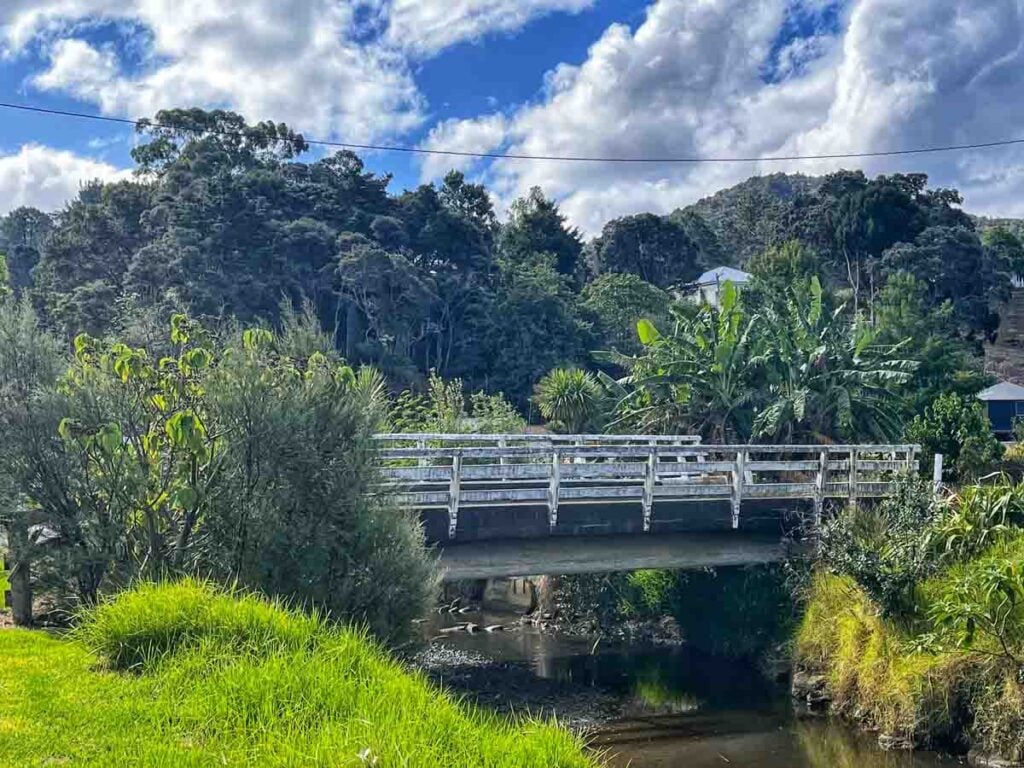
The starting point is alongside the small bridge that leads into the village and adjacent to the Totara North Bible Mission Hall.
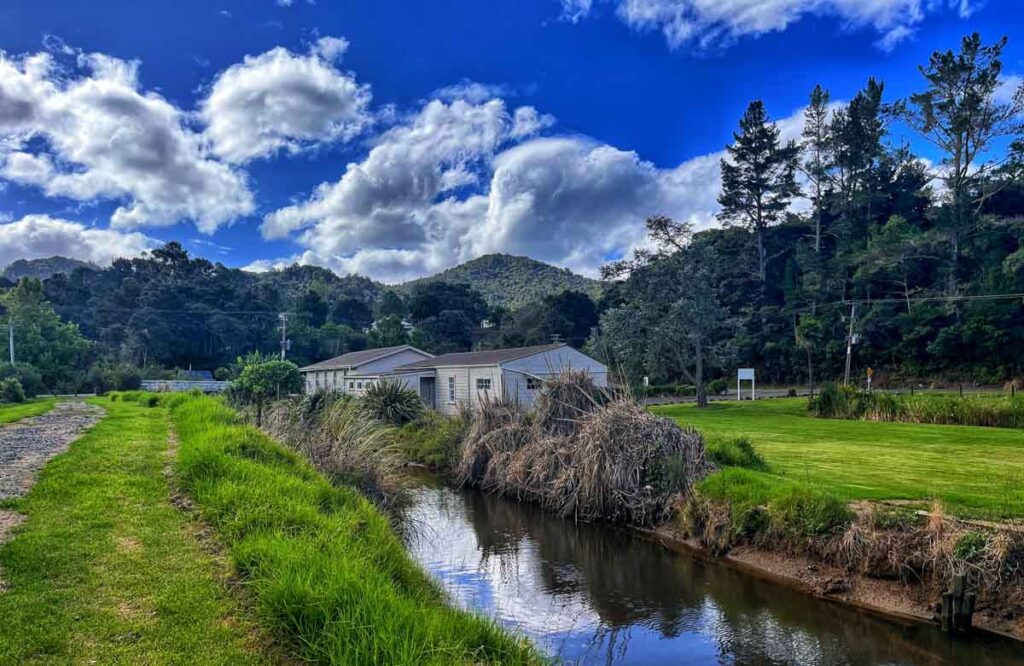
The start of the walk is clearly signposted, and the new gravel path is flanked on either side by native New Zealand flora and tidal streams. There is so much bird life on this walk. Looking out onto the water it is possible to spot gannets and gulls working above large schools of feeding fish.
In the trees, Tui’s, Grey Warblers and brightly coloured Eastern Rosellas can be seen and heard going about their daily business whilst accompanying you along the route Kingfishers, Oyster Catchers and Pied Stilts work the foreshore the mangroves.

Walking along this quiet, understated, peaceful path the walk suddenly opens out to expansive views across Whangora Harbour, which is without doubt one of New Zealand’s most beautiful natural harbours.
Sunlight reflects on the calm water and in the distance the prominent landmark of St Paul’s Rock stands out against the skyline.
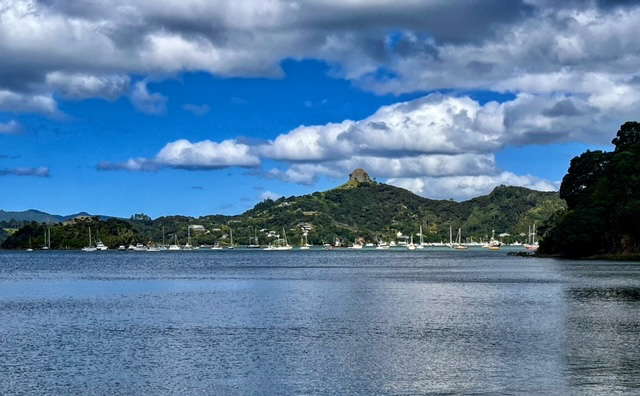
Continuing along the route past the harbour view, the path leads on to a scenery of open fields and rolling hills before becoming flanked on either side by dense native flora as it starts a gentle ascent.
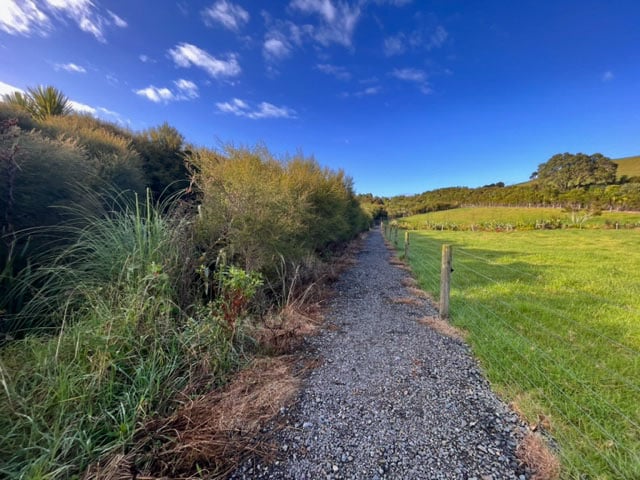
Wooden steps have been built into the upward slope leading to a gate with directions to a second gate across a yard, which you must follow to continue the walk.
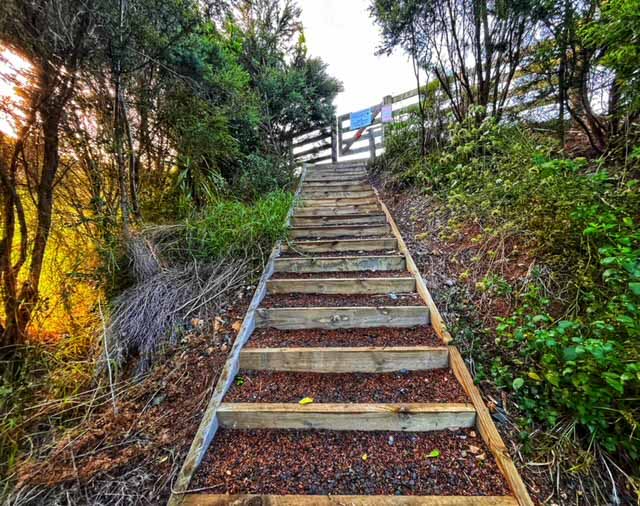
Take time at this point to look back and take in the vista; the wide-open spaces, the greenness and the beauty of this wild, natural landscape.
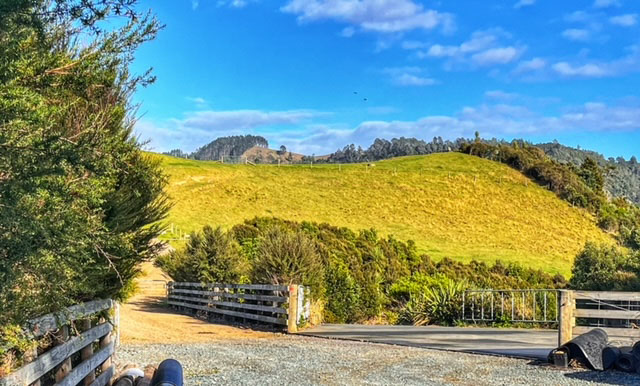
Once through the second gate, more carefully crafted steps take you down a short descent to reach the stunning ocean view to your left and to the peninsula beyond.
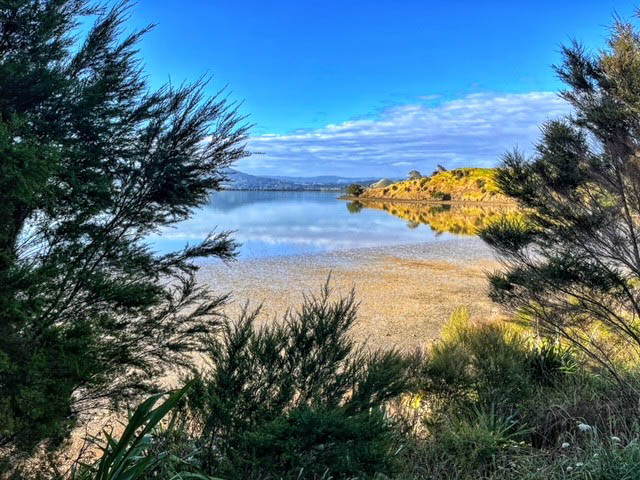
As is characteristic with this walk, looking to the left and right brings widely contrasting views. To the right here, horses graze peacefully on the rolling hills of the open fields.
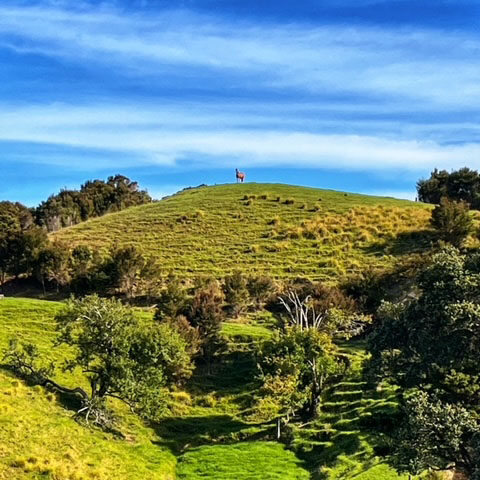
The path climbs slightly uphill again, leading to an area abundant with trees and shrubs. A striking white tree stands tall against the sky, a contrast to the approaching lush, dense green trees. Keep taking time on this walk to stop and look back to the stunning views, every stop rewards you with a reminder of the beauty and diversity of nature.
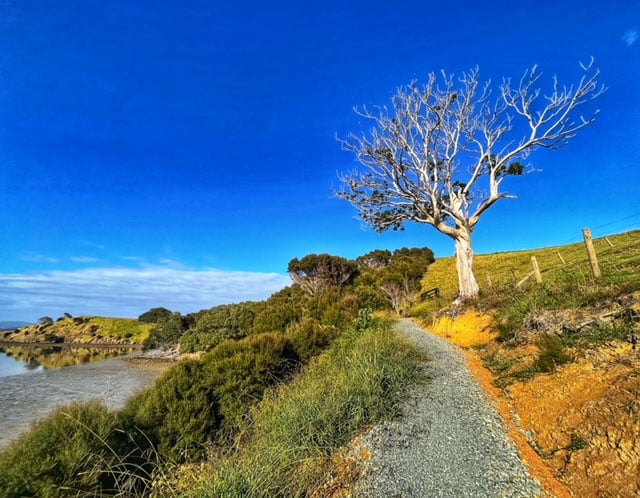
The path leads through the rich greenness, punctuated with glimpses through the trees to the blue calm waters of the sea.
Further steps lead down onto the path where the view opens spectacularly as the land narrows and the ocean flanks both sides. A stunning view whether you look out left or right.
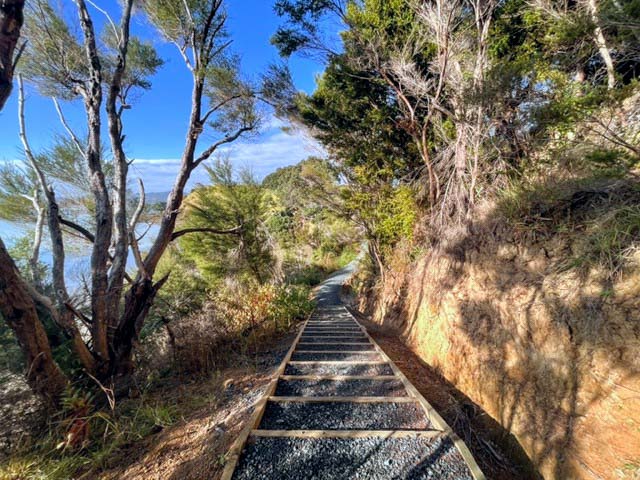
The walk climbs gently upwards where a small sign nestles in the grass to the right, marking an opening off the path. The sign points to an ancient Pohutukawa Tree, one of the biggest and at 600 years old, one of the oldest too. Leaving the path to walk up to the tree you will be amazed by its size and depth, its otherworldliness and sheer beauty.
The branches and roots twist and curl while the hairy moss hanging from the branches gives this amazing tree a mythical creature like form.

The final slight ascent on the walk leads to a grassy path which meanders down towards the headland. As the path narrows you are rewarded with stunning 180-degree views of the sea and the hills beyond.
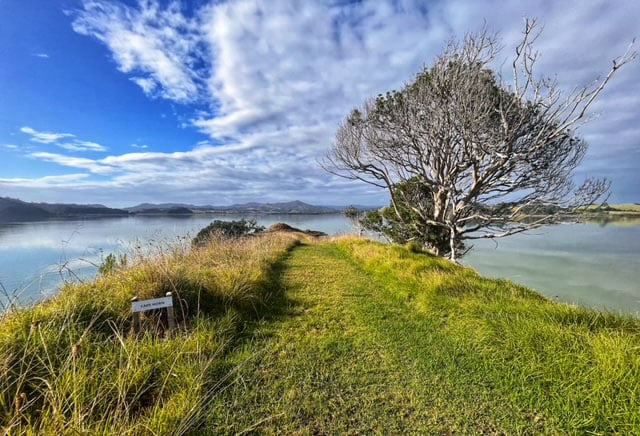
Climb up the top of the small mound for the best view. Wooden steps help your descent onto the headland, the last section is rocky, but a handrail has been installed to help you get down.
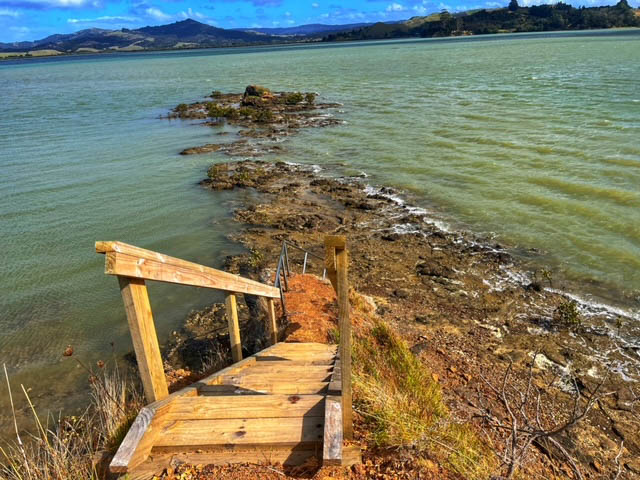
The headland marks the end of this linear walk but retracing your steps back to the start is just as beautiful, seeing the views from a different angle and taking time to study the amazing New Zealand flora and fauna.
This is a short but beautiful walk right on our New Zealand doorstep. For such a small walk it includes fabulously diverse views and a myriad of local wildlife. Early morning, afternoon or evening, this walk never fails to bring a sense of peace and calm.

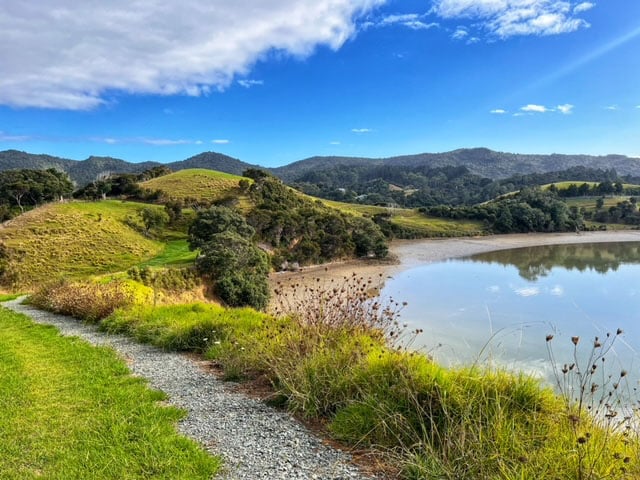
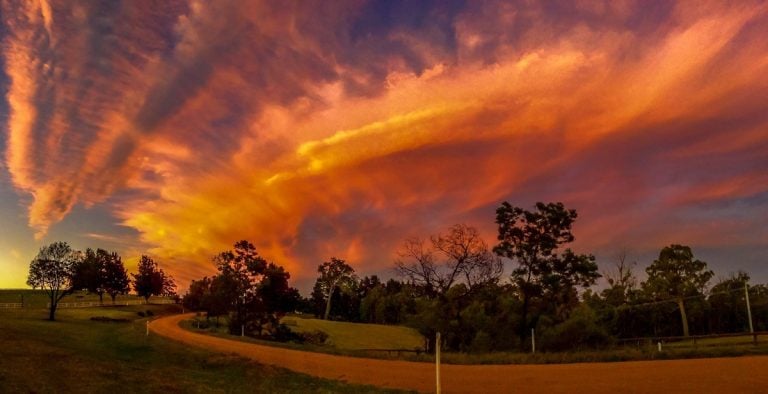
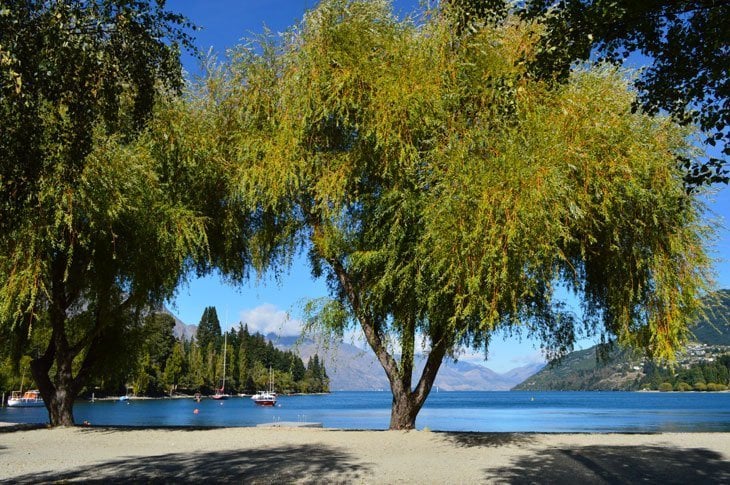
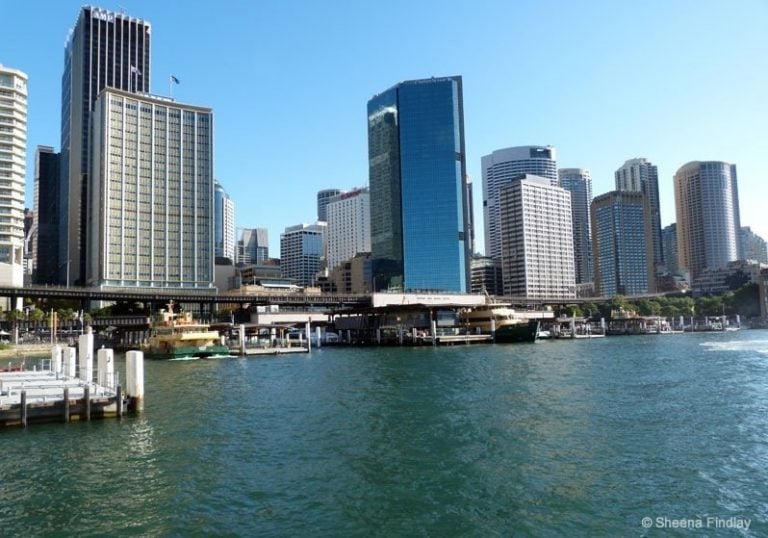
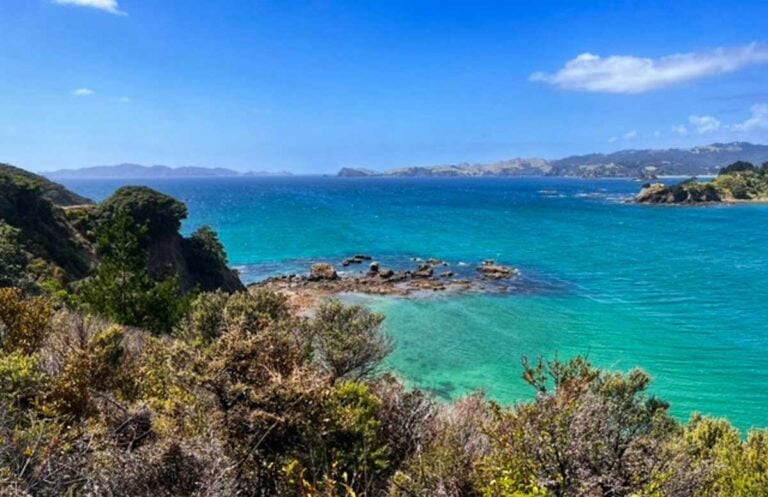
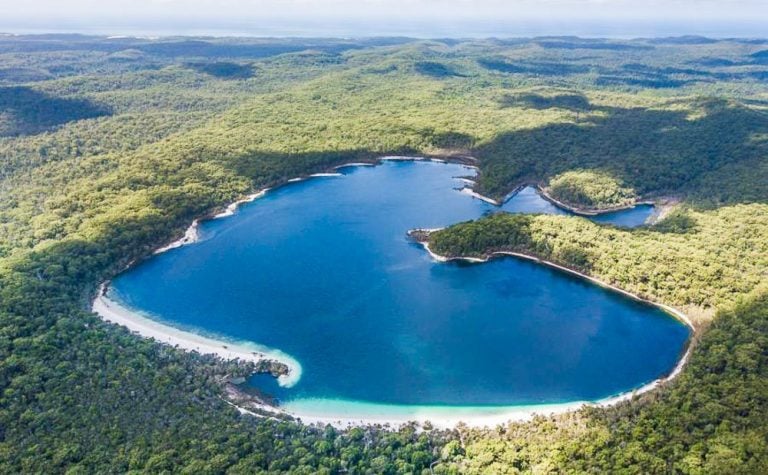
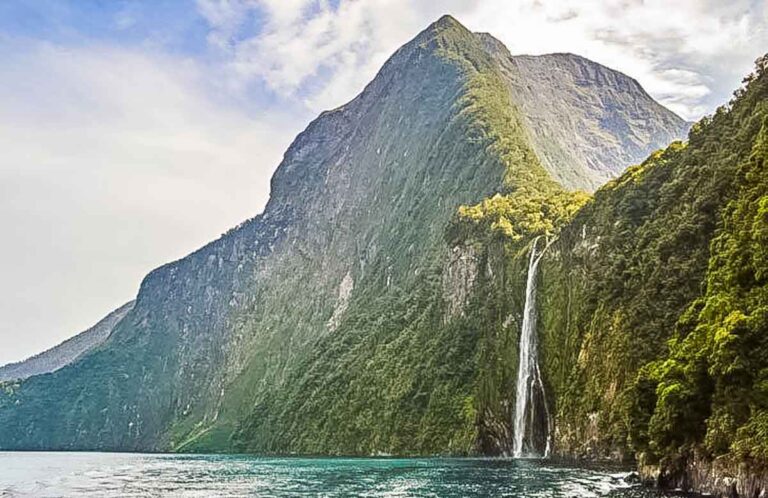
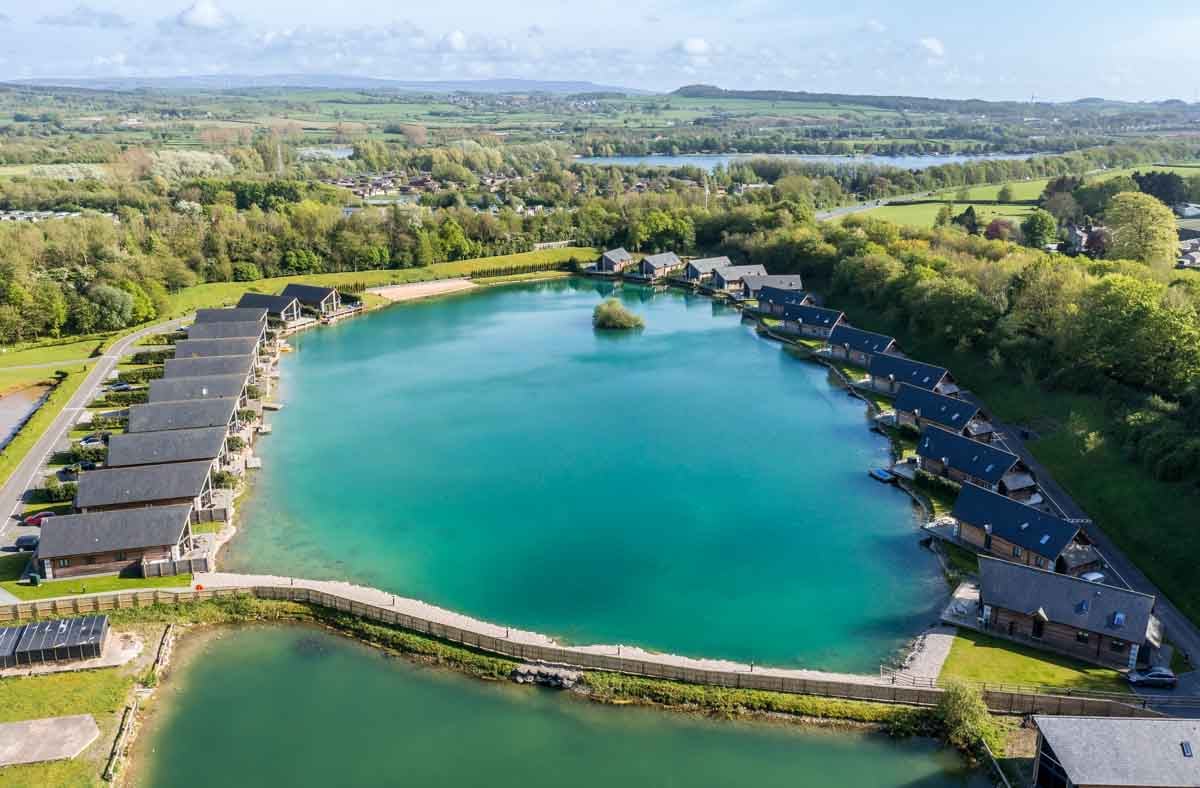
Absolutely beautiful!!